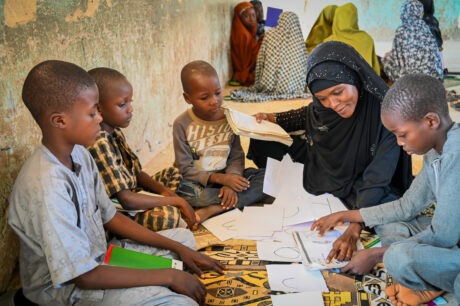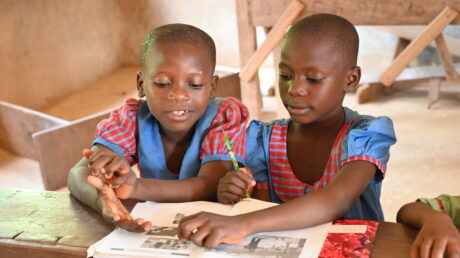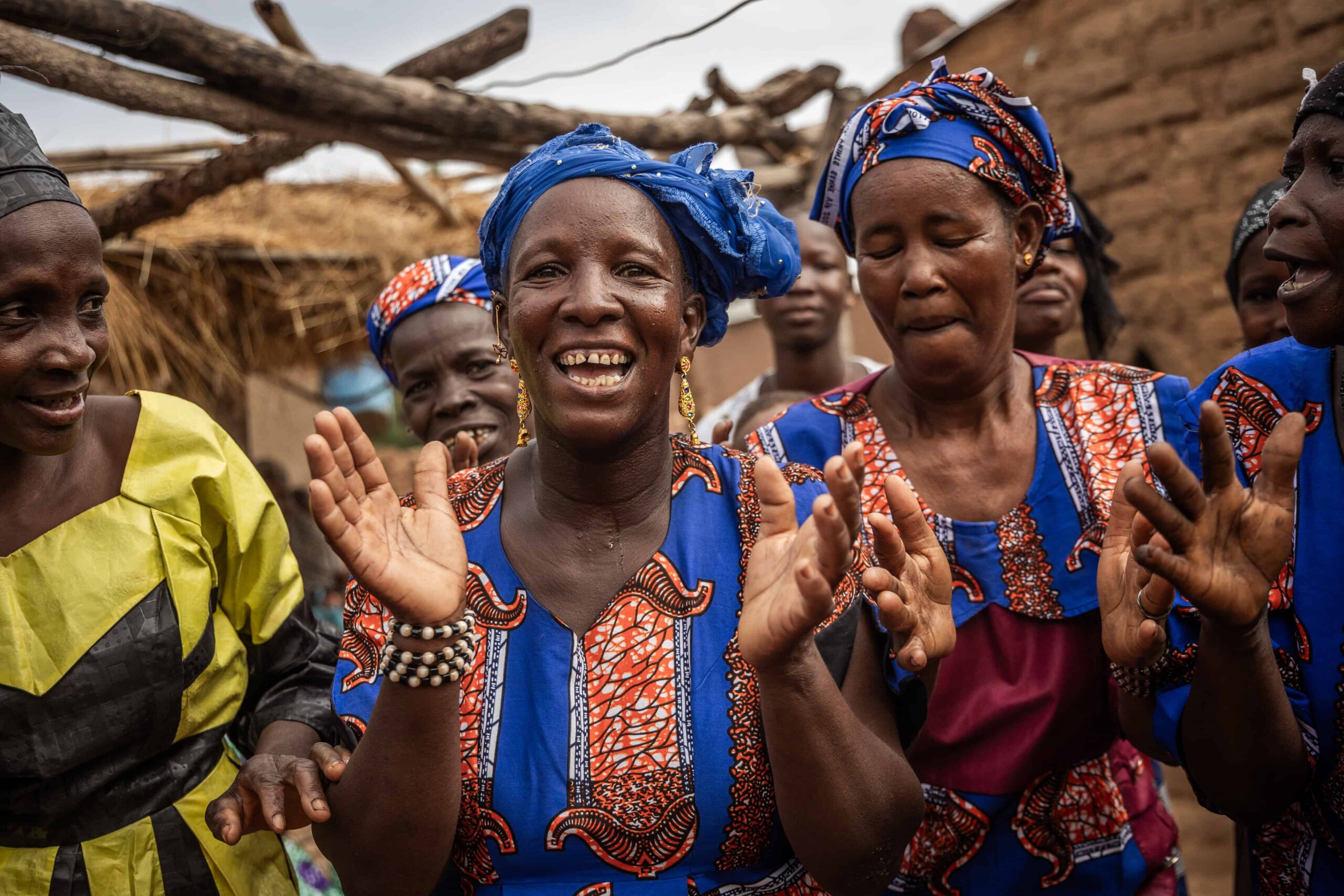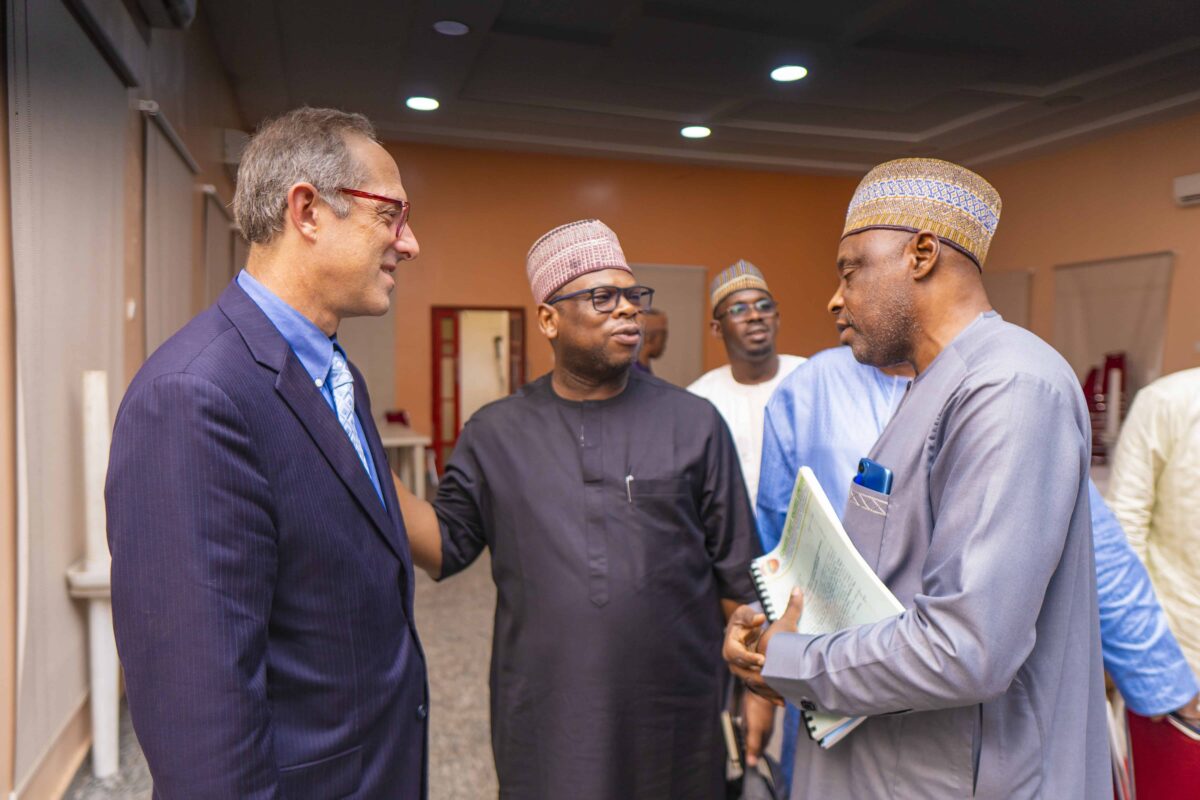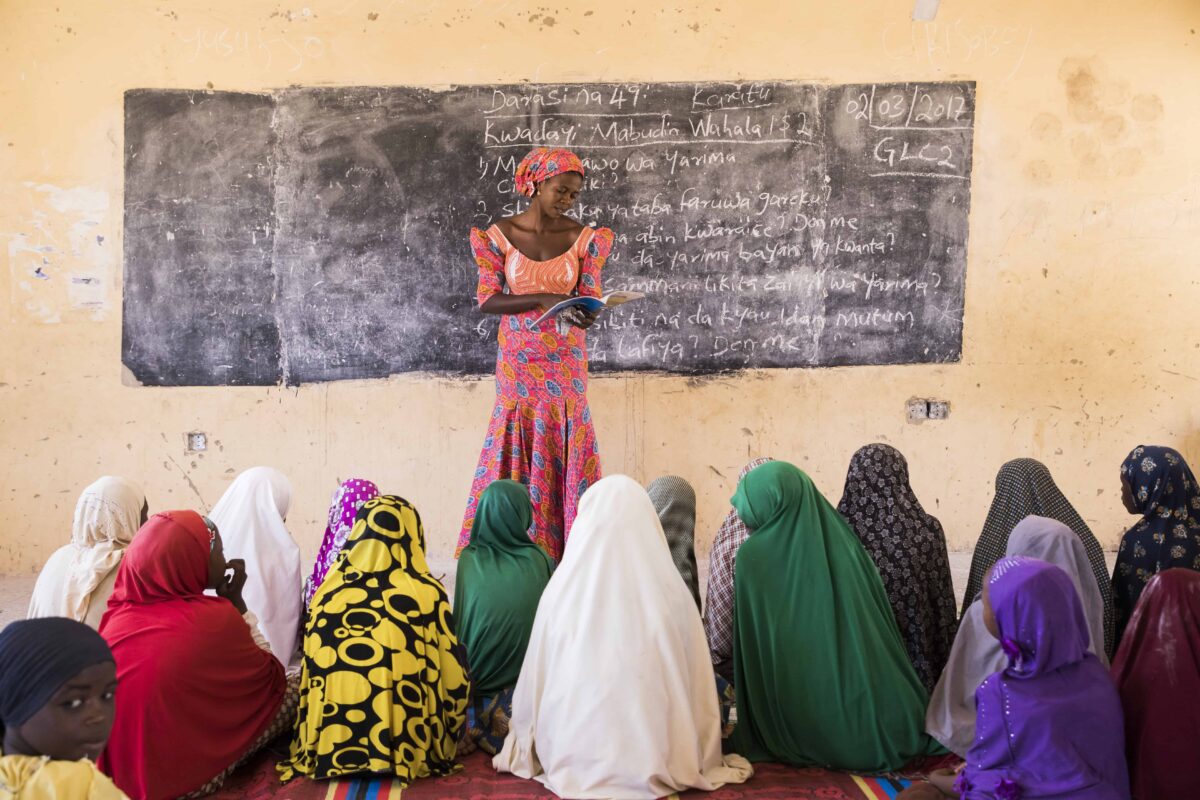
In 2011, the USAID Education Strategy emphasized the importance of early grade reading in lower- and middle-income countries and shaped our sector’s focus for years to come.
A recent USAID webinar reviewed a study on a decade of early grade reading support, which revealed that an estimated 246 million students, along with millions of teachers and administrators, in 53 countries have benefited from the U.S. government’s initiatives.
USAID has invested heavily in improving early literacy rates, with mixed results. There are positive trends in the most recent generation of early grade reading programs which have been able to more successfully scale, have better impact on reading outcomes and are more cost effective.
“USAID programs made significant increases in learning outcomes when they built on the success of multi-generational programs, utilized existing systems, and worked in partnership with governments to ensure sustainability,” the report said.
“To support meaningful reform, [early grade reading] programs must reflect a deep understanding of the local context, be based on close collaboration with partner-country governments, and apply evidence-based reading instruction approaches adapted to reflect existing capacity and systems.”
These findings did not come as a surprise to Creative as we have been implementing early grade reading programs in lower- and middle-income countries, particularly those in crisis and conflict contexts, for decades and our programs are built upon these core principles.
A prime example is our NEI+ program in Nigeria which was one of eight early grade reading programs to be cited as showing impact at scale in the recent RTI Learning at Scale Report.
So how do we apply these principles and build on these key elements?
Multigenerational programs
Creative’s early grade reading work in Nigeria is a prime example of how multigenerational programs can build on success and invest the time needed to see lasting change. Creative has implemented more than 14 years of consecutive USAID-funded programming, including the Northern Education Initiative (2009-2014), the Northern Education Initiative Plus project (2015-2021), and, currently the Leveraging Education Assistance Resources in Nigeria to Read project (2022-2027).
NEI focused on improving early grade reading in Bauchi and Sokoto states through evidence-based teacher practices, improved access to context- and language-appropriate materials, better assessment and stronger government systems.
NEI+ continued those activities and scaled up its work to strengthen Bauchi and Sokoto states’ capacity to improve reading outcomes for more than one million children and youth and increase access to basic education, especially for girls and out-of-school children.
We are now implementing the five-year LEARN to Read project, which leverages the wider education system resources to expand successful reading practices to additional states.
Change must come from within a system in order to be sustainable. We have seen real progress and sustainable outcomes in places like Nigeria where we have been able to move from programs that implement technical assistance hand in hand with the government (NEI and NEI+) to a program (LEARN) that now has the government in the leading role with Creative providing support on demand. This transition has not been overnight but is the direction that is necessary for lasting change.
Reflect a deep understanding of the local context
Leading three generations of programs in Nigeria has enabled Creative to gain a deep understanding of the local context, actors and system so that we can ensure our programming is tailored to local needs and conditions. To strengthen systems you have to understand how they function, who the actors are at different levels of the system, the distribution of power and resources, levers for change and more. This information can only be gained through deep relationships and trust built over time.
Utilize existing systems
Creative works within and through local systems with the Ministry of Education as our key partner to ensure sustainability. We work within the system from the schools all the way to the national level to build a stronger foundation rather than building a parallel system. For example, instead of hiring coaches to support teachers or using our staff as trainers, we work with existing stakeholders in the system to build their capacity through a learn-by-doing approach so that the capacity is developed within the system to continue this work.
Work in partnership with governments to ensure sustainability
Creative believes that interventions must be owned by the host country to be successful. This is why we focus heavily on strengthening Nigeria’s education system and its actors from the federal to local levels. Through 14 years of working together with the Ministry of Education and other education actors we have built trusted relationships that enable us to quickly gain buy-in, create collaborative approaches, and build capacity to maintain and sustain activities.
We partner with relevant government ministries, departments and agencies to manage education more effectively and enhance teacher training, coaching and regular monitoring and assessment related to early grade reading. Examples of how this led to sustainable systems in Nigeria are that the state governments used their own budgets for printing textbooks, training teachers outside of NEI+ schools and conducting assessments such as the EGRA and the LEMA.
Apply evidence-based reading instruction approaches adapted to reflect existing capacity and systems
Creative applies our tailored structured pedagogy approach across all of our early grade reading programming. This approach prioritizes a comprehensive package of inputs such as student books in local languages, scripted teacher guides, frequent teacher training and coaching necessary for quality teaching and learning of foundational skills.
What’s next?
Implementers and funders alike need to account for these lessons learned in order to see real progress in early learning and literacy outcomes. The next generation of programs should provide more time to establish reading programs that are embedded in local systems and offer a system strengthening framework so that the Ministry of Education and other educational stakeholders are leading the process from day one.
